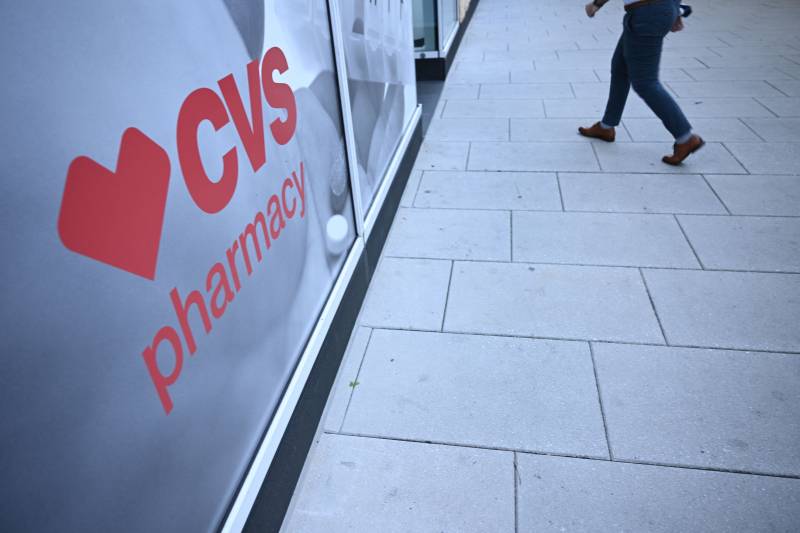San Francisco will receive up to $18.8 million to abate the opioid overdose epidemic thanks to settlements with Walmart and CVS Pharmacy for their alleged negligent oversight of opioid prescription practices.
The San Francisco Board of Supervisors on Wednesday approved the two settlement agreements, both part of nationwide opioid-related lawsuits, which include up to $6.8 million from Walmart (PDF) over the next six years and up to $12 million over 10 years from CVS Pharmacy (PDF).
The latest drug settlements come as San Francisco faces a persistent overdose crisis where the majority of deaths are related to fentanyl, an opioid that can be up to 50 times stronger than heroin. It also arrives on top of a projected $130 million that the city is slated to receive through other settlements made directly with other pharmacy chains, drug manufacturers and distributors for their roles in the wide-reaching overdose crisis.

